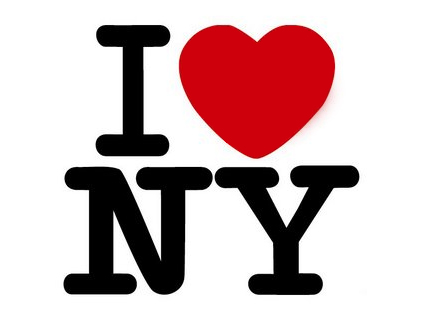The states of Georgia and New York have moved boldly to become national leaders in the responsible development of pharmacy-grade medication made from components of the cannabis plant.
Last week, the State of Georgia, working in collaboration with the U.S. Food and Drug Administration, forged an unprecedented agreement with G.W. Pharmaceuticals, maker of a drug being studied in the treatment of children with medication-resistent epilepsies. The drug, called Epidiolex, is derived from a non-intoxicating component of the cannabis plant called cannabidiol, or CBD. There is pre-clinical evidence that CBD could be helpful to these youth.
The State of New York followed Georgia’s lead today, announcing that it, too, has forged an agreement with the pharmaceutical company — and with the FDA’s approval.
Now, researchers in both states will engage in a public-private partnership to address a critical health need and expand the scientific community’s understanding of potential treatments for children with severe epilepsy.
In Georgia, researchers at Georgia Regents University Augusta will stand at the helm of this investigation. In New York, the state department of health will take the lead in the development of a clinical trial for submission to — and approval from — the FDA. That trial will be designed to be conducted at hospitals throughout the state with help from universities and medical colleges.
For both states, GW Pharmaceuticals will provide consultative advice and commit personnel and other resources to the partnership — including a supply of Epidiolex.
This is a responsible and compassionate approach to medicine — especially given that so-called “medical marijuana” operators are aggressively marketing “high-CBD” products that have been found also to contain significant levels of THC, the active — and addictive — component of cannabis. THC is especially harmful to the developing brain and, in some cases, may act as a pro-convulsant.
Also troublesome is that consumers shopping online or in marijuana dispensaries for CBD-rich substances have no assurances of quality, composition or general safety that can come with the protections of independent, scientific governing bodies such as the FDA.
“We continue to urge the FDA, working with the Drug Enforcement Administration, to speed up the development of CBD so every family can go into a pharmacy and purchase an affordable, reliable dose of CBD in a non-smoked form for children who need it,” said Kevin Sabet, co-founder of Smart Approaches to Marijuana, or Project SAM, a national, volunteer-driven nonprofit that maintains drug legalization proponents have used the sick and dying to hide their agenda to legalize marijuana for recreational use.
“It is heartening to see New York State spearhead potentially life-saving research into marijuana-based medications while avoiding the temptation to call smoked marijuana ‘medicine’ and repeating the mistakes made in other states,” said Dr. Jeffrey Reynolds, a New York physician who coordinates an affiliate of Project SAM in his state. “This approach gives desperate families real options, rather than false hope, and safeguards public health.”
“Rather than leaving desperate parents to search for miracle cures on the Internet or through other means, the State of Georgia stands out as a compassionate, courageous leader for families,” said SAM co-founder, former U.S. Rep. Patrick Kennedy.
1. Contact their elected local, state and federal officials to encourage similar partnerships among designated state agencies, GW Pharmaceuticals and the FDA. The states of Georgia and New York are demonstrating that marijuana legalization — and all of the health problems it creates — is not necessary to conduct research and develop cannabis-based medications that work.
2. Learn more about the drug program GW Pharmaceuticals has set up to be of potential assistance to children with severe epilepsy. The company seeks to work with the FDA in all states to make Epidiolex available under certain conditions. States would be smart to hear what GW Pharmaceuticals has to say. The company can provide pharmacy-grade CBD faster, cheaper and to more children who may need it than can the highly unregulated and disingenuous marijuana industry.



We welcome all thoughtful comments, but please abide by our commenting rules